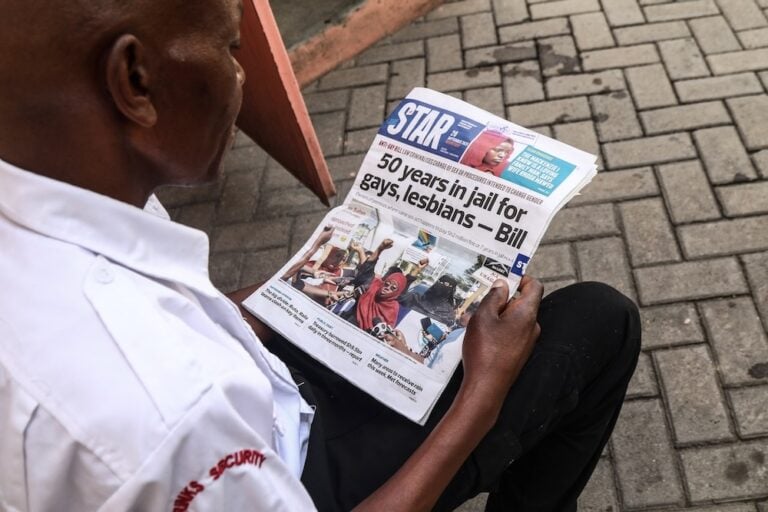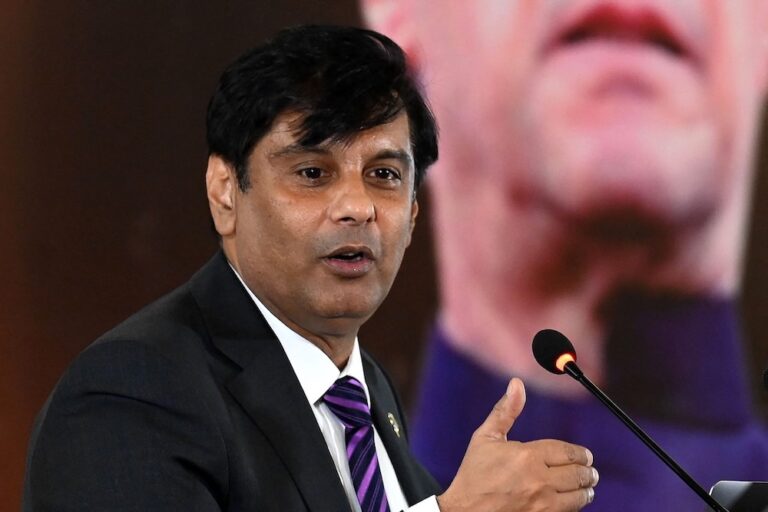(NDIMA/IFEX) – On Friday 8 December 2000, the Communications Commission of Kenya (CCK) ordered the immediate closure of a recently-launched Kenya Internet Exchange Point (KIXP) and also ordered the disconnection of all Internet Service Providers (ISPs) linked to the new exchange. CCK’s move prompted angry reaction from local ISPs, who said they would now be […]
(NDIMA/IFEX) – On Friday 8 December 2000, the Communications Commission of Kenya (CCK) ordered the immediate closure of a recently-launched Kenya Internet Exchange Point (KIXP) and also ordered the disconnection of all Internet Service Providers (ISPs) linked to the new exchange.
CCK’s move prompted angry reaction from local ISPs, who said they would now be forced to route all local traffic through international links before the same comes back to Kenya. The exchange point was the second of its kind in Africa, south of the Sahara. The other one is in South Africa.
Before the launching of KIXP, Kenya’s local e-traffic had to travel to exchange points abroad, mostly in the United States, then back to its destination in Kenya, due to lack of an international fibre optic connection. The process was not only cumbersome and slow but also expensive and a hindrance to the growth of e-commerce.
On 11 December, CCK Director-General Samuel Chepkonga said that the KIXP was operating illegally. “As the licensing authority in the country, we do not know who owns that particular outfit, as we have not licensed it in accordance with Section 24 (i) of the Kenya Communications Act 1968”.
Chepkonga said that CCK regarded the new exchange as “illegal” since it had not bothered to apply for a licence before being officially launched in the Kenya market. CCK, Chepkonga added, was “shocked” to learn that the chairman of the Telecommunications Service Providers of Kenya (TESPOK), Richard Bell, had decided to officially launch the new service without applying for a licence. “This is a contravention to Section 78 of the Act, which says that owners of a new Internet exchange should apply for a licence to enable the CCK Board to discuss and publish a gazette notice for sixty days on the same.”
Chepkonga accused Bell, who is licensed to operate Swift Global, of flouting the Kenya Communications Act regulations. He said he had already communicated to Bell the reasons for the closure of KIXP.


